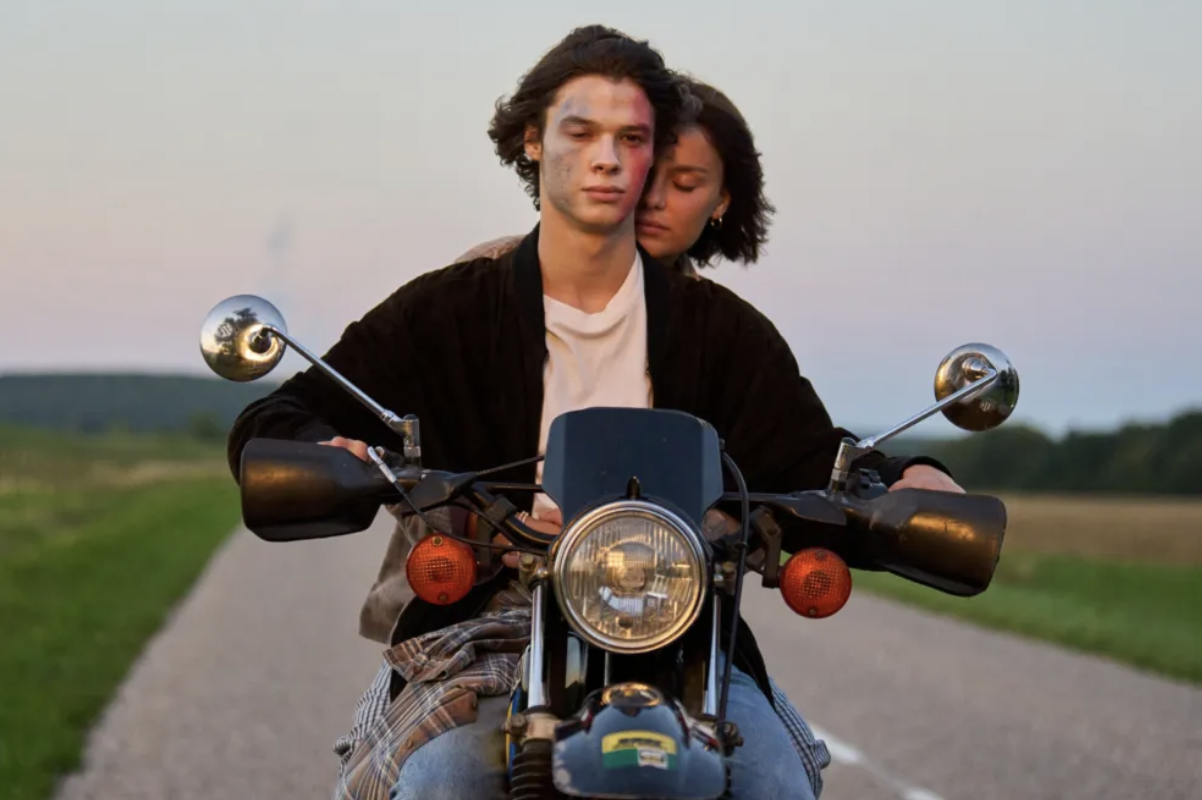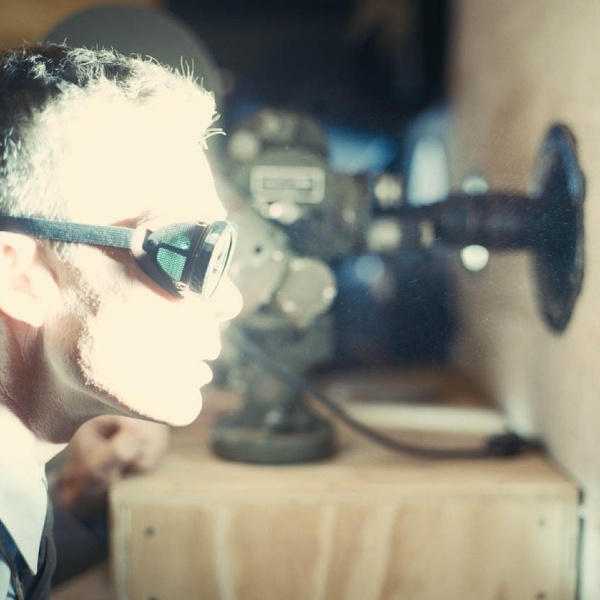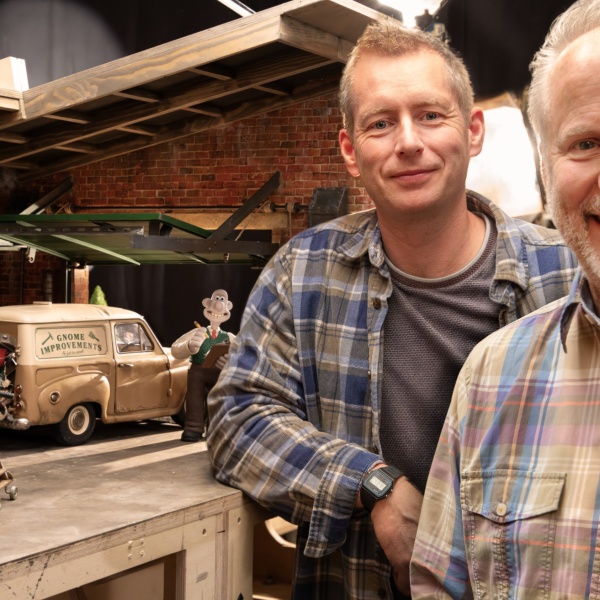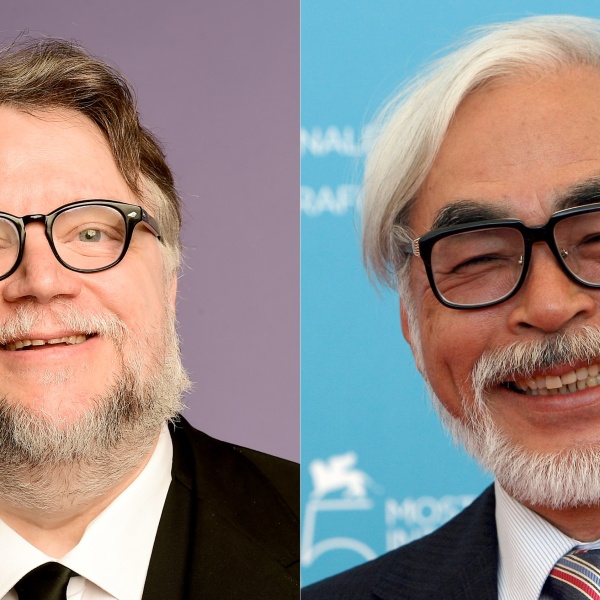Of the many ’90s needle drops in this episodic epic about a smalltown, working class French youth, it is one by Bruce Springsteen that captures its spirit. It takes a special film to earn the right to play ‘Born To Run’ over the end credits, and this does. The fourth feature by twin brothers Ludovic Boukherma and Zoran Boukherma, adapted from a 2018 novel by Nicolas Mathieu, is so close to the essence of The Boss that it might have been reverse-engineered from his DNA.
Set over four summers (1992,1994,1996, 1998) “And Their Children After Them” drops us into a formative day in the life of 14-year-old Anthony (Paul Kircher). The first shot is of perfect blue sky; the camera pans down to reveal a vista so tranquil as to be almost banal — puffy clouds, forest, lake — until it is sullied by a cigarette butt flicked into the water. In this world, it is frequently a toss up between stultifying boredom and dirty experience.
Anthony needs dirty experience. Oppressed by a home life with his violent, angry, alcoholic father (Gilles Lellouche), his route to freedom time-and-again is by bike. At first he and his cousin furiously cycle their pedal-bikes down winding forest roads, however when two girls invite them to a party 40 kilometers away, Anthony is compelled to steal his father’s motorbike. He does not know that this act will set in motion conflicts that will define the course of the next decade.
A tight and unshowy focus on the small conflicts of an ordinary life is given cinematic scope, with an emotional heft that sneaks up in the lull between expectation and disappointment. At the party, Alice Cooper and Red Hot Chilli Peppers play as teenage carnage ensues and Anthony lurches about, searching for Steph (Angelina Woreth), the older girl who has instantly captured his heart. “Steph,” he says under his breath, handling her name as delicately as if it were made of glass, “She’s a killer.”
Paul Kircher was a revelation in Thomas Cailley’s neurodivergent-coded creature feature “The Animal Kingdom” holding his own opposite veteran actor Romain Duris. He proves that this breakout performance was no fluke with an introverted awkwardness that is both hard to watch and impossible to look away from. He delivers words and deeds a beat later than feels natural, stretching out dynamics with scene partners and compelling them to step towards his volatile inner world. It’s a performance that does not try to court our sympathy, for Anthony carries as much capacity for violence as he does for love. He is human clay and the wrong imprint at this pivotal time could turn him into a tragic degenerate like his dad.
The touchpaper for Anthony’s worst impulses is a Moroccan kid named Hacine (Sayyid El Alami), who kicks over a barbeque in anger after being turned away from the all white party. The barbecue nearly hits Steph and Anthony (her loyal servant, forever more) retaliates in her defense. Hacine vows revenge on him, revving the engine on a feud between the two boys which burrs across the rest of the runtime with the potential for mutual destruction in all its furious futility. The Boukhermas do not shy away from depicting the ugliness of racism and the brute violence ready to erupt out of both boys, all while slowly establishing that they are mirror images in every way save skin color, as were their fathers before them. These were men chewed up by industrial careers that have left them primed to lash out at those closest to them. Man passes on misery to man.
Gilles Lellouche brought the source novel to the Boukhermas in exchange for the role of Anthony’s father, Patrick. Over the course of four summers a fearsome patriarch becomes a lonely shambles. There is a sharp brevity to what fate does to people who miss their chance to show up for each other. The film extends an empathy for human suffering without pulling any punches on how it is nothing but the consequences of our actions.
Lellouche is pitch-perfect as a man who can’t get out of his own way. In one scene, in a bid to control the anger that repels loved ones, he takes an ice bath, wincing and probably not from the cold. In another late scene, he tries to charm Anthony’s mother until something happens to make his energy sap away and not return. Ludivine Sagnier brings depth to her small maternal role. She grows protective steeliness, without losing the capacity for sympathetic sorrow. It is a testament to the source novel and the screenplay adapted by the Boukherma brothers, that each character is the essence for so many huge, boiled down emotions. The humble visual language is a vessel for a rich human drama. Bear with what sometimes resembles a television movie for the slowburn panorama of life it captures.
Although it does not feature in the film, there is another Bruce Springsteen track,”The River,” that captures the romantic longing of its leading man. After all, Anthony first meets Steph by the water on a day filled with untapped promise. “Tu es belle” is all he is able to say when encountering her over the years. Angelina Woreth is breathtaking with trouble behind her eyes, hinting at conflicts that Anthony cannot compute for she is a dream to him. The otherwise discreet camera gives her an entrance each time they meet, as the world slows down and the chance for a higher human connection seems fleetingly possible.
“Is a dream a lie if it don’t come true / Or is it something worse,” sings Springsteen in ‘The River’ which is loaded with vignettes about a woman named Mary. A quality shared across the song and “And Their Children After Them” is the melancholic sensation of vignettes hardening into memory and being lost to an untouchable past. Anthony is propelled onwards by the relentless current of time, away from being a child itchy for experience and into a state of adulthood where his romantic dream recedes, as if seen from a motorbike mirror.
Grade: B+
“And Their Children After Them” premiered at the 2024 Venice Film Festival. It is currently seeking U.S. distribution.





